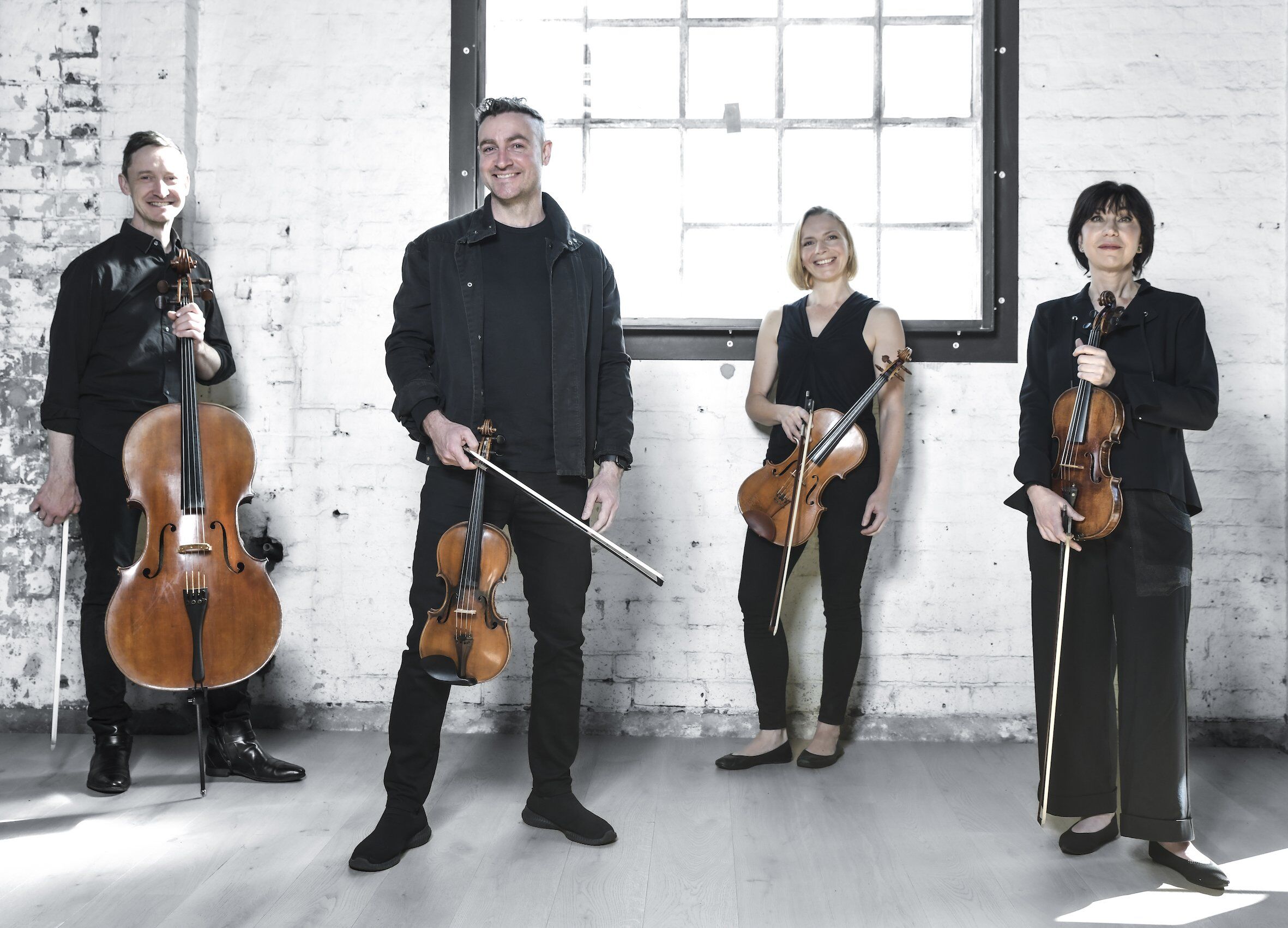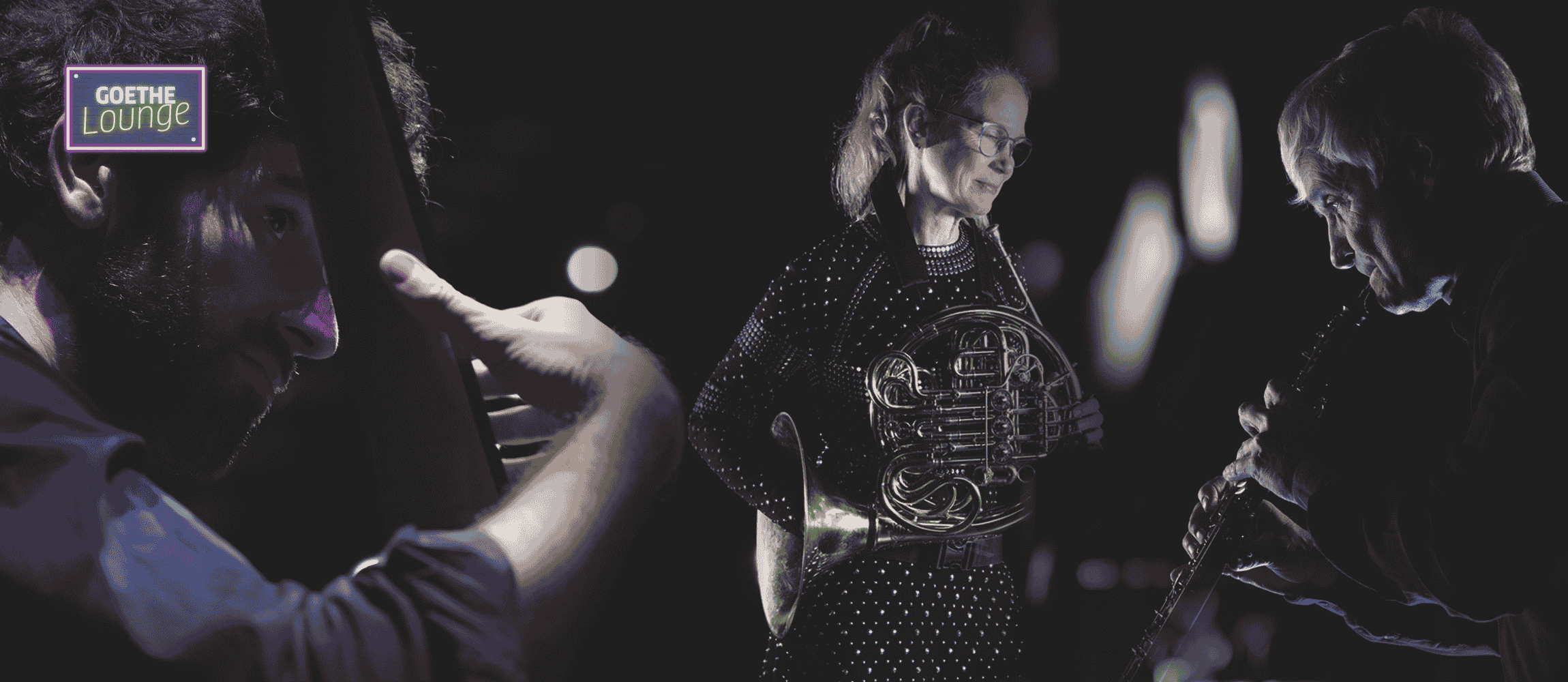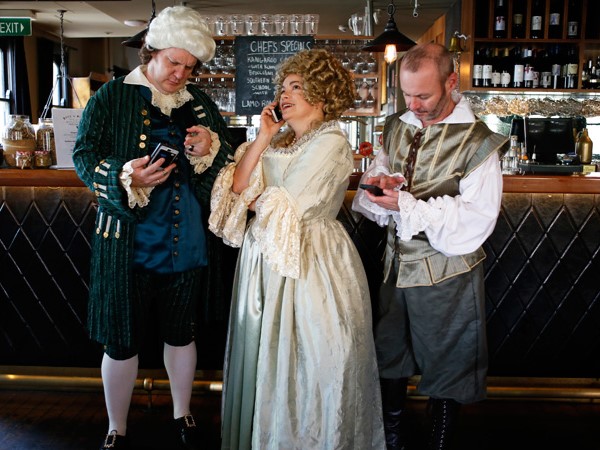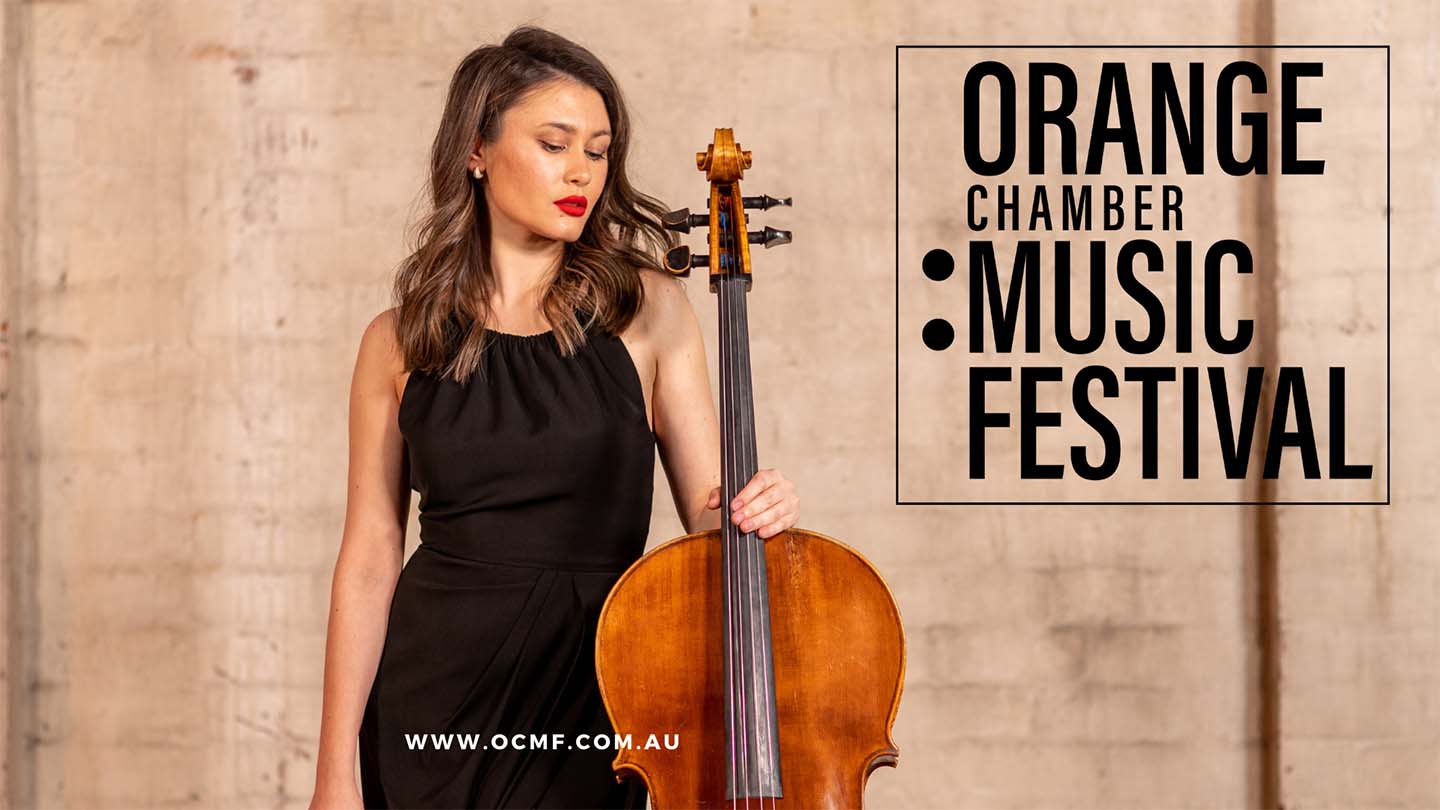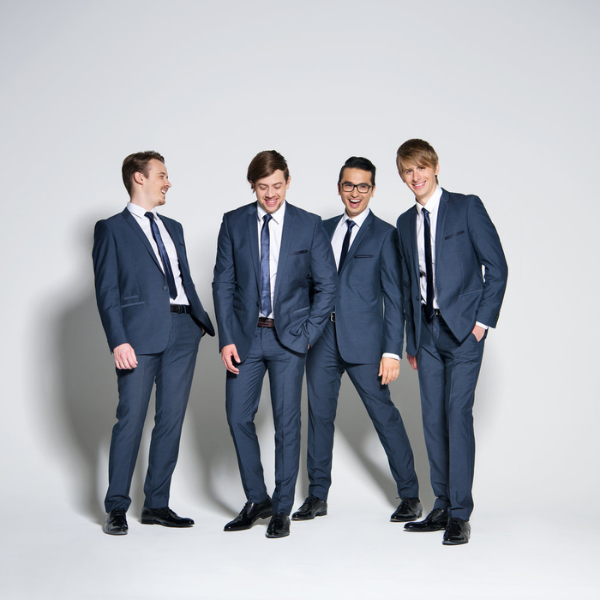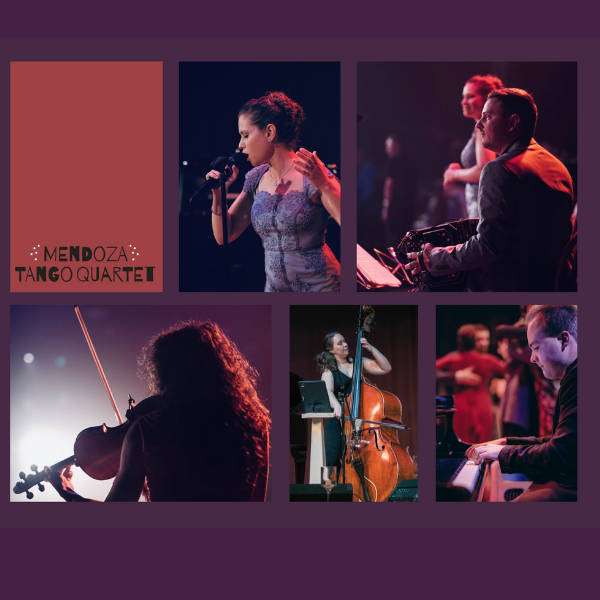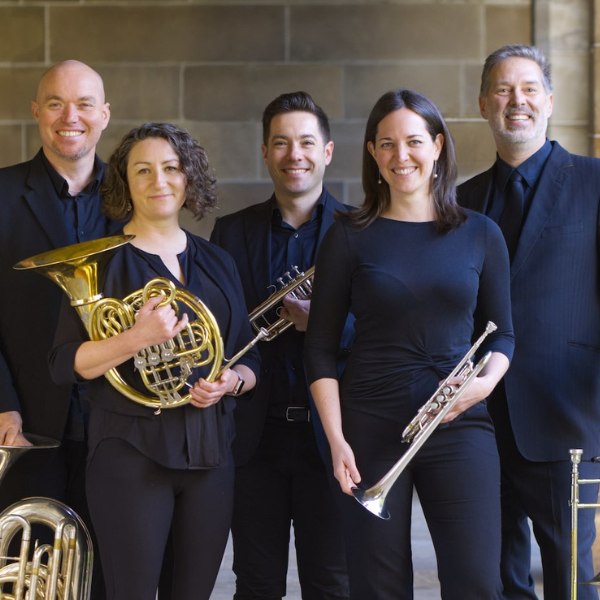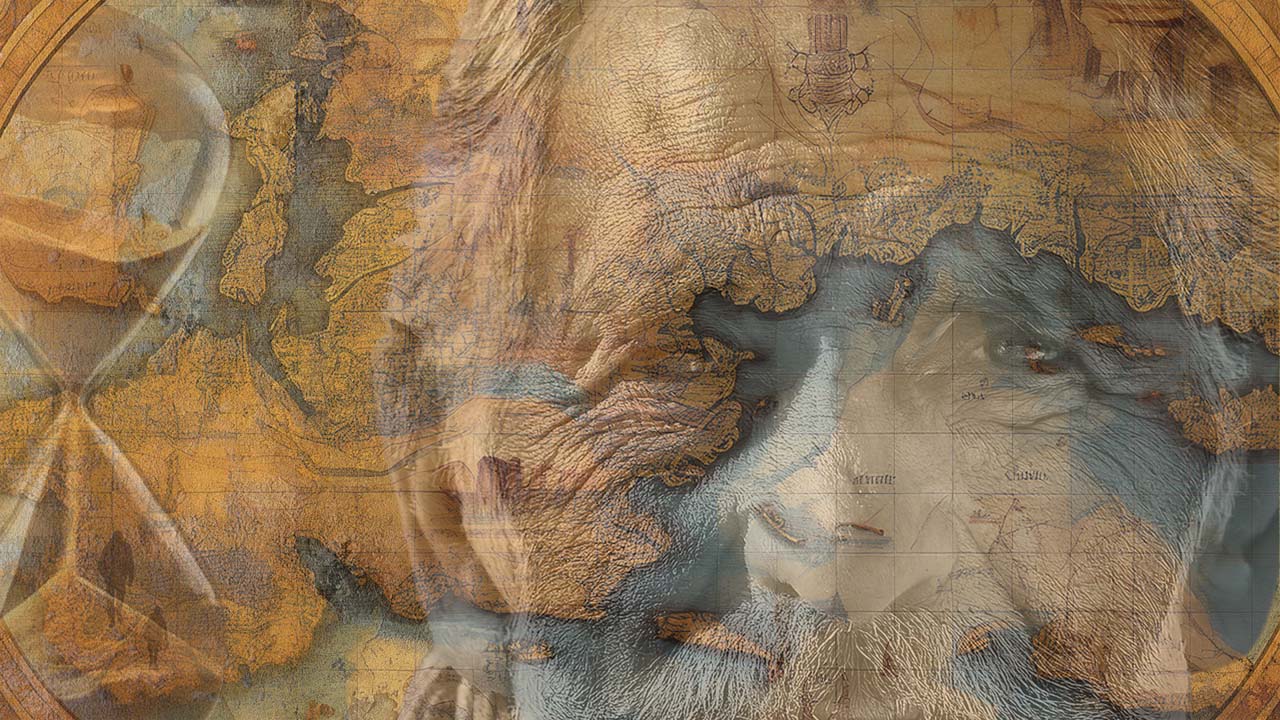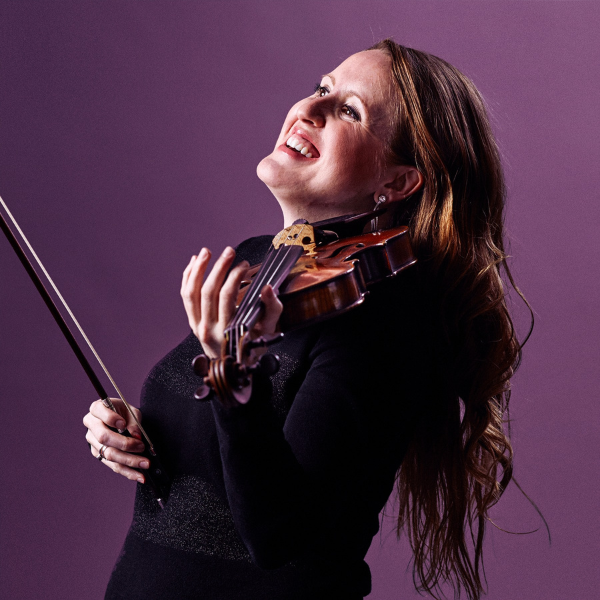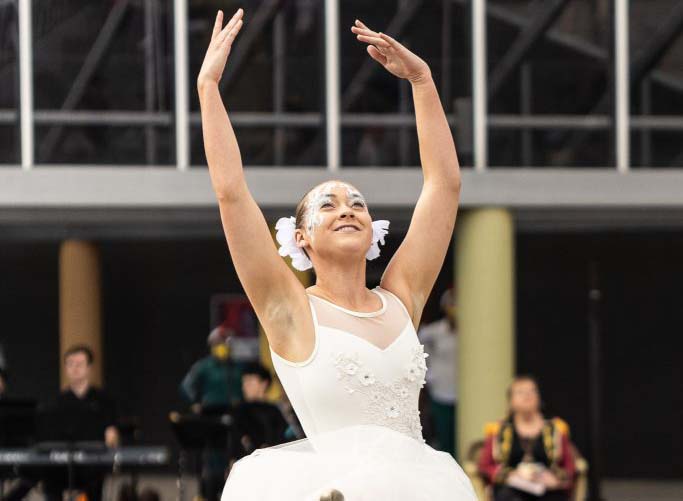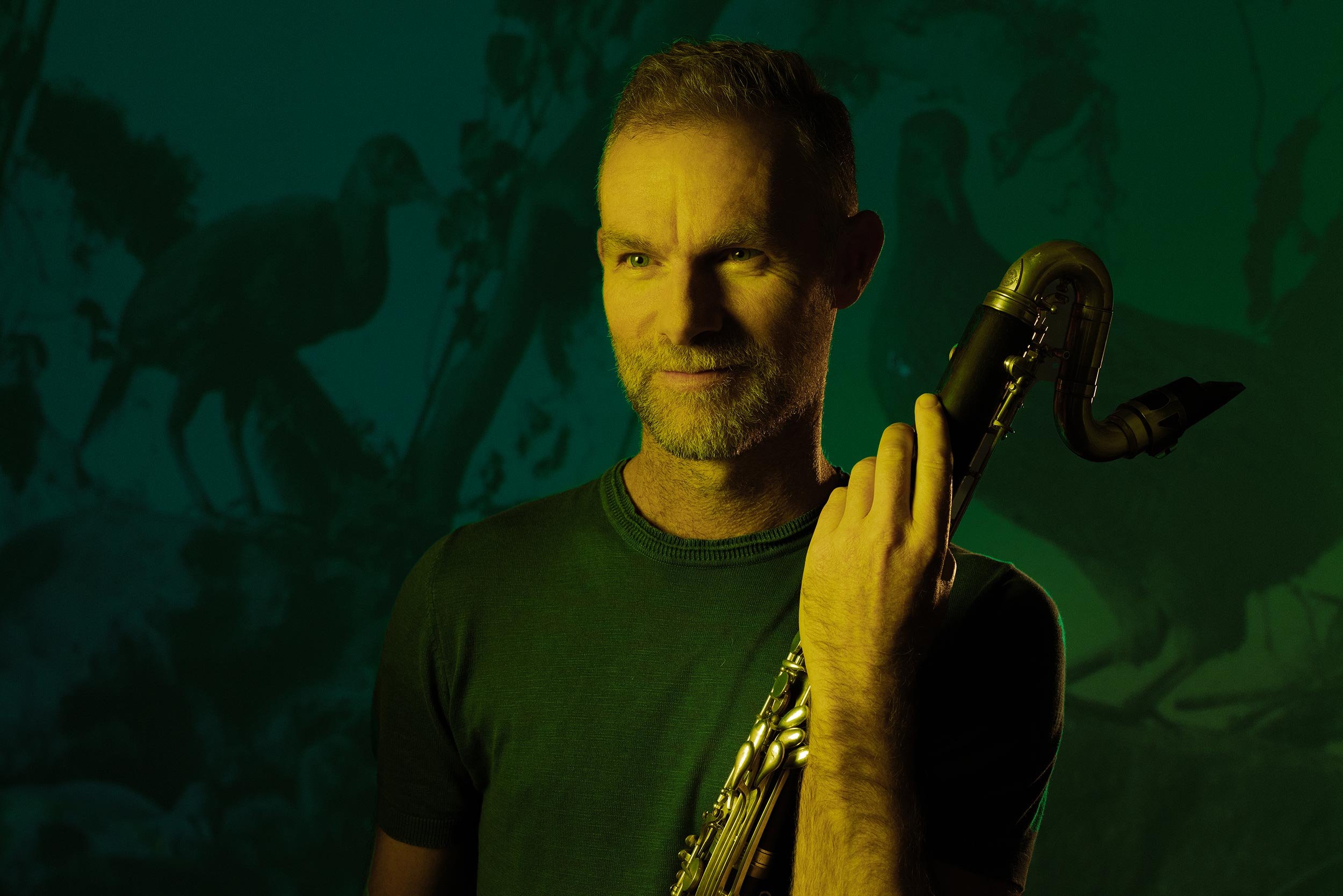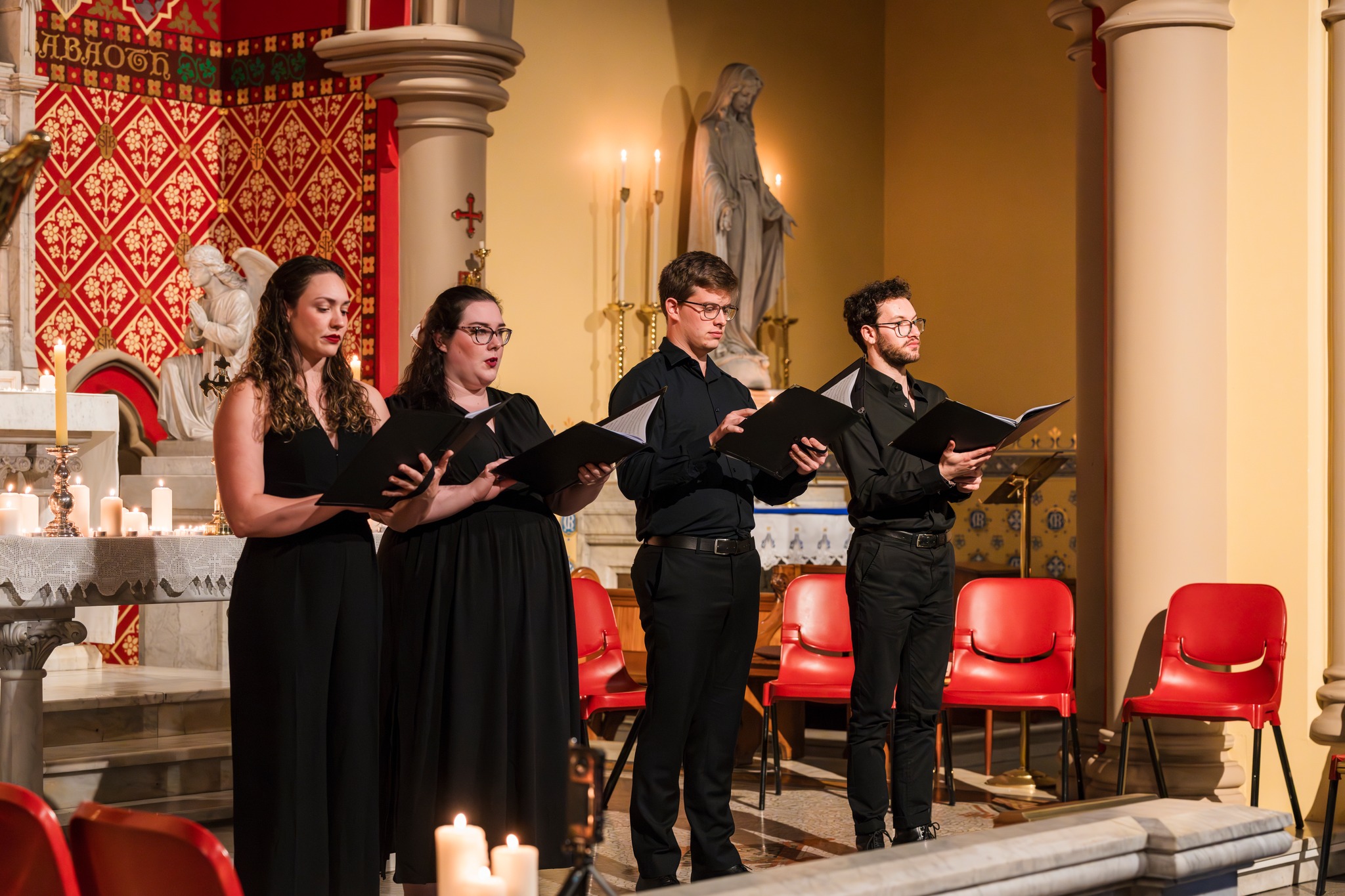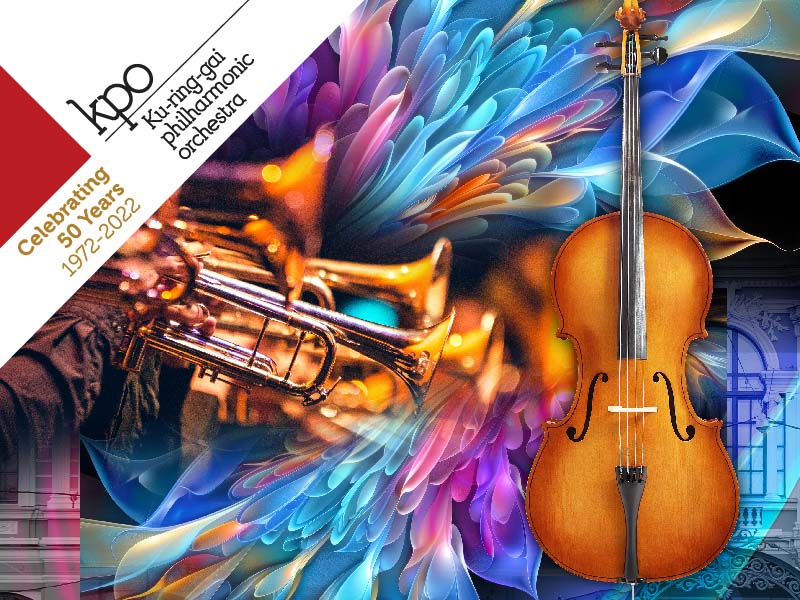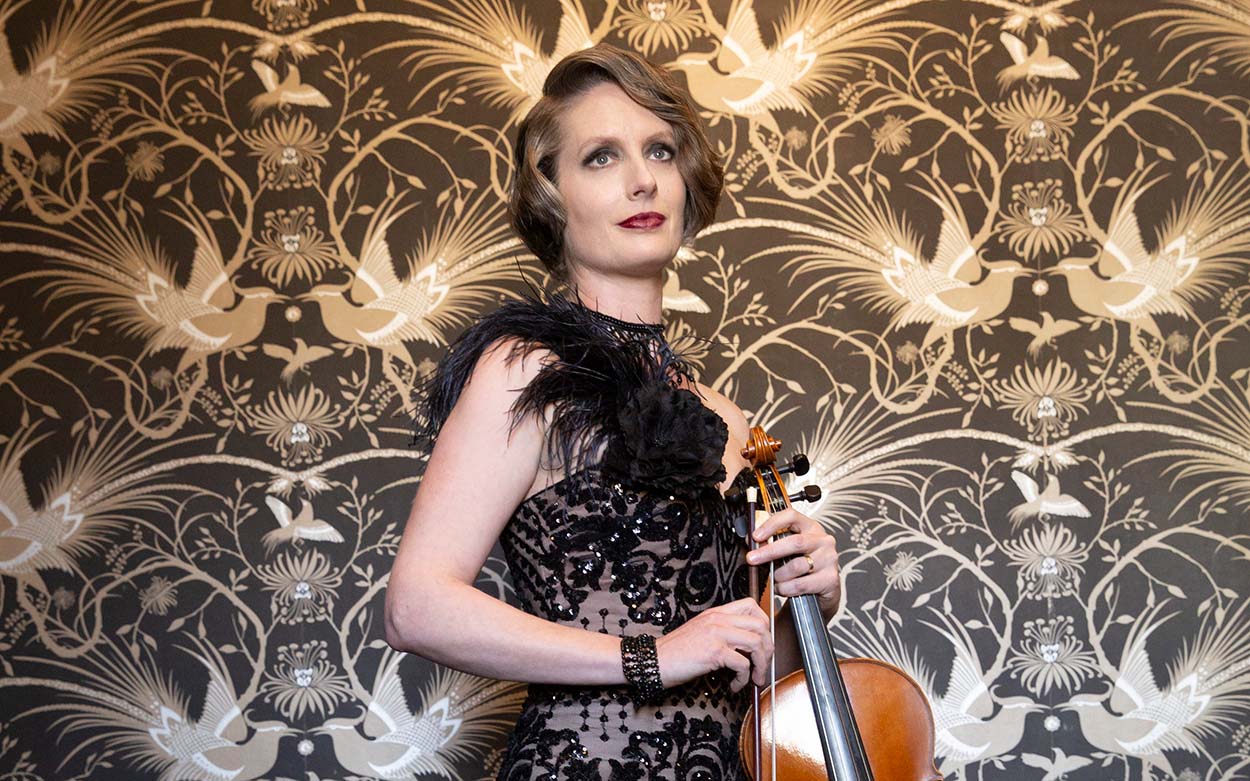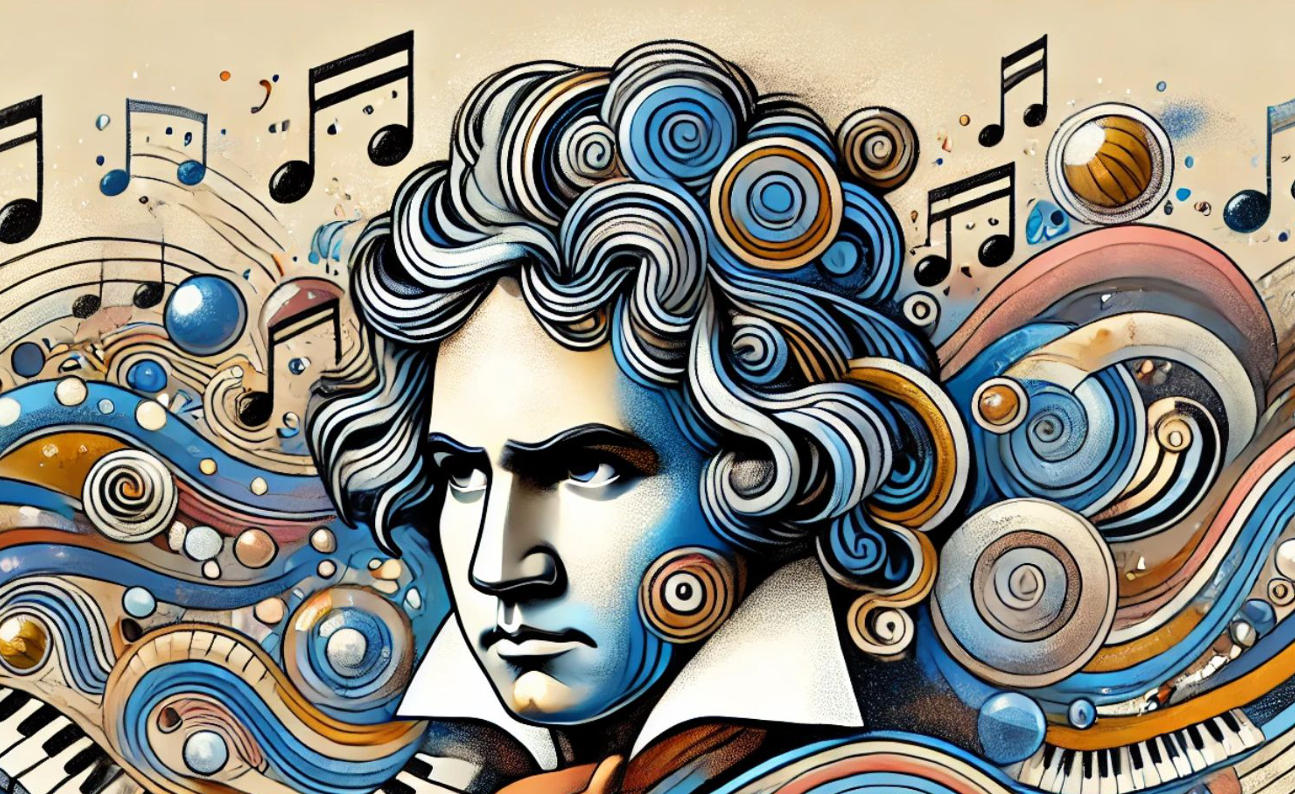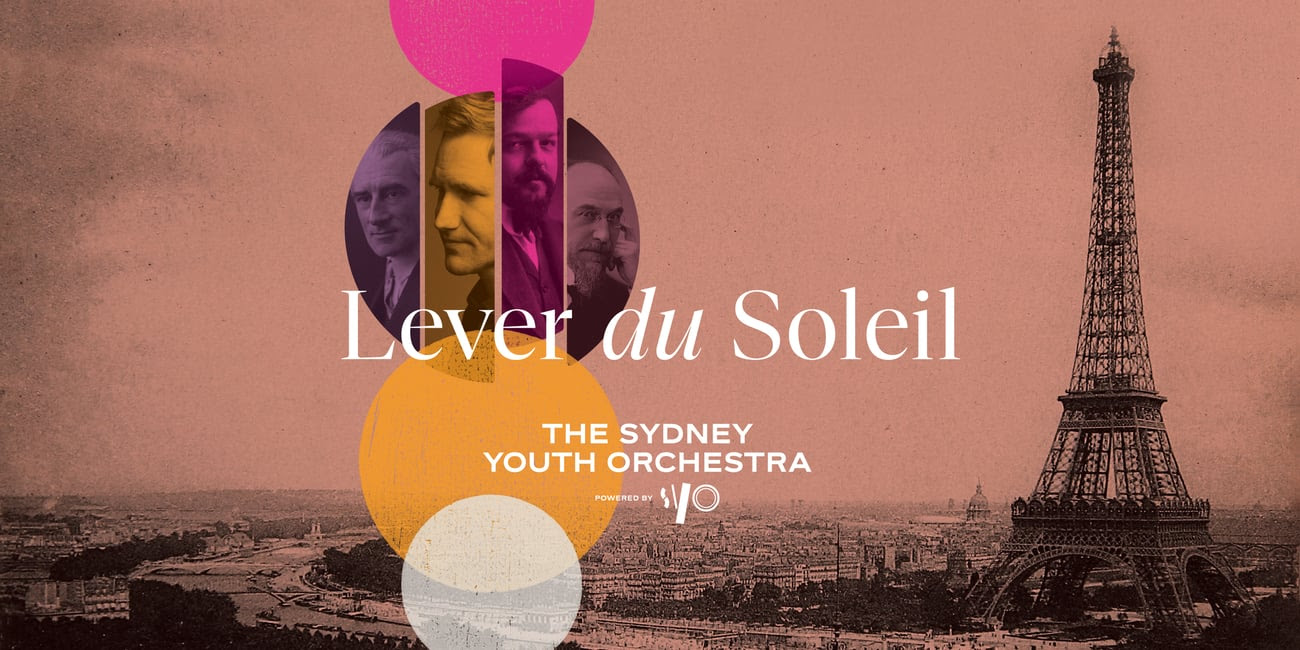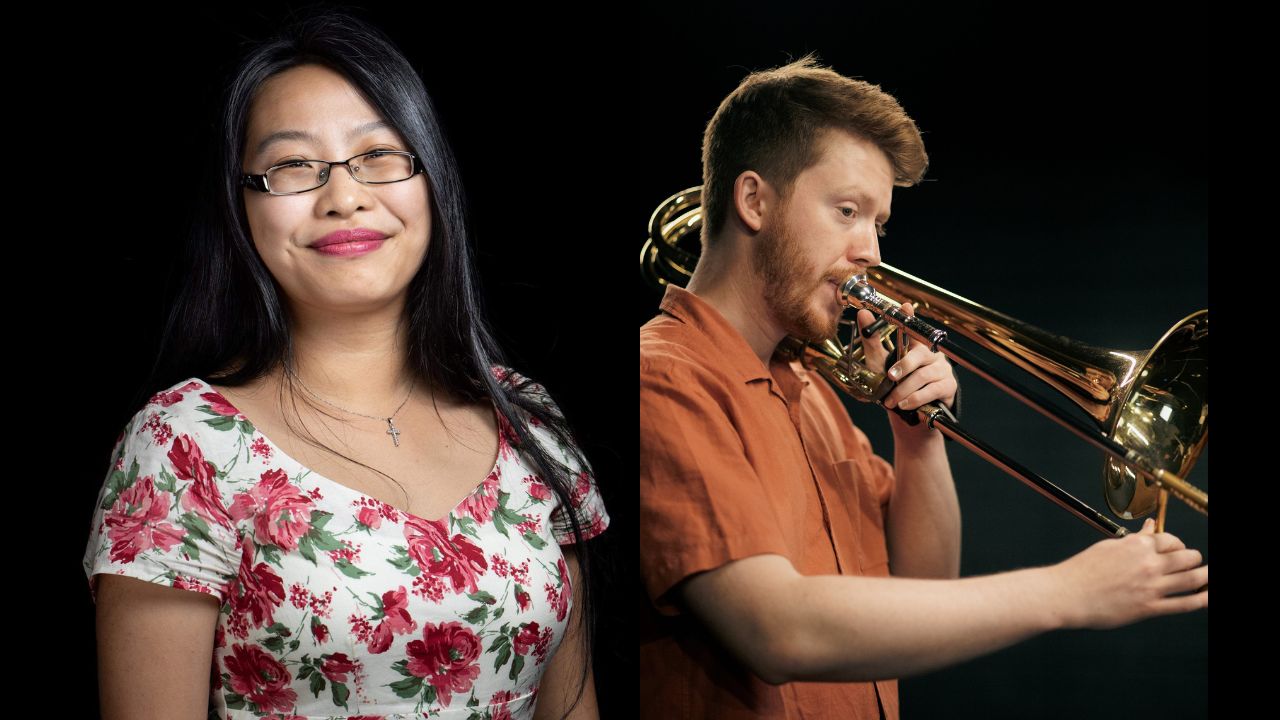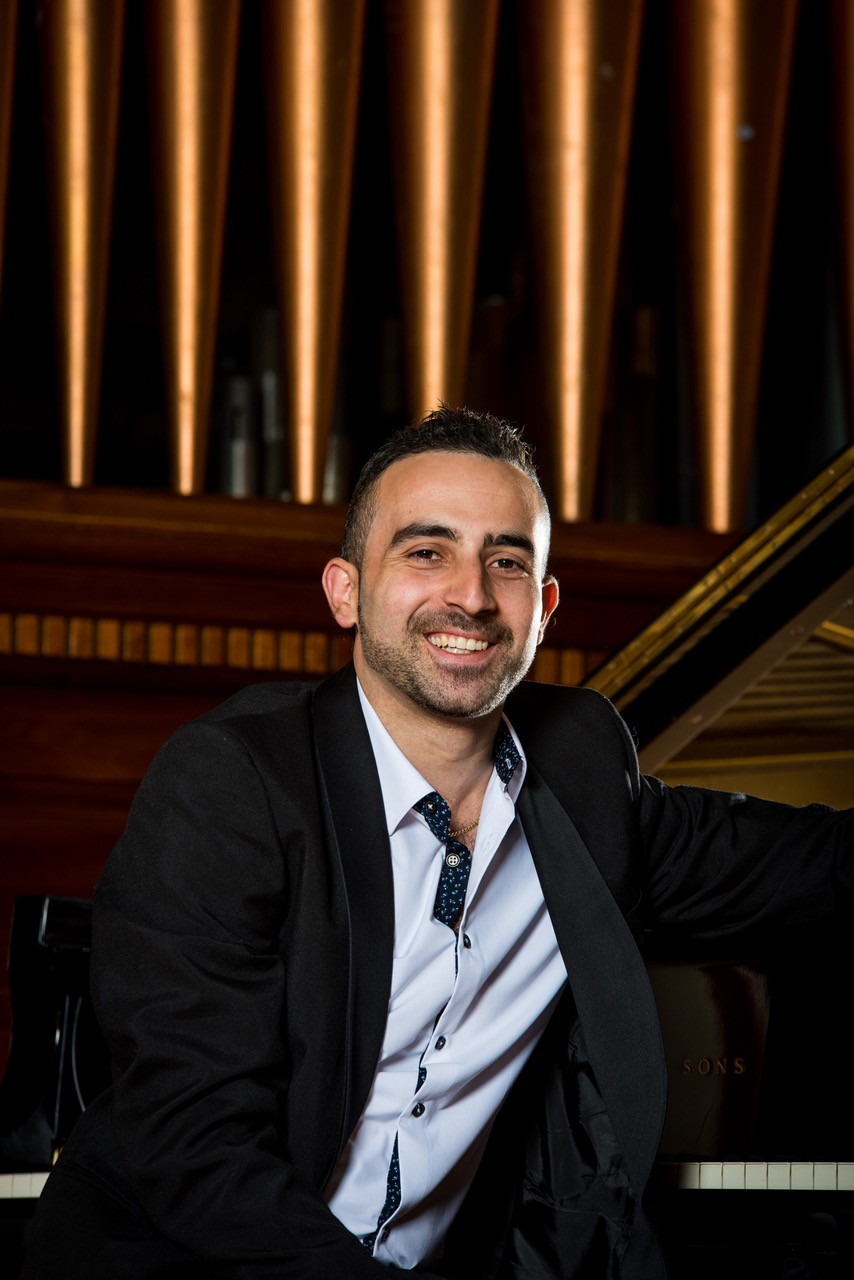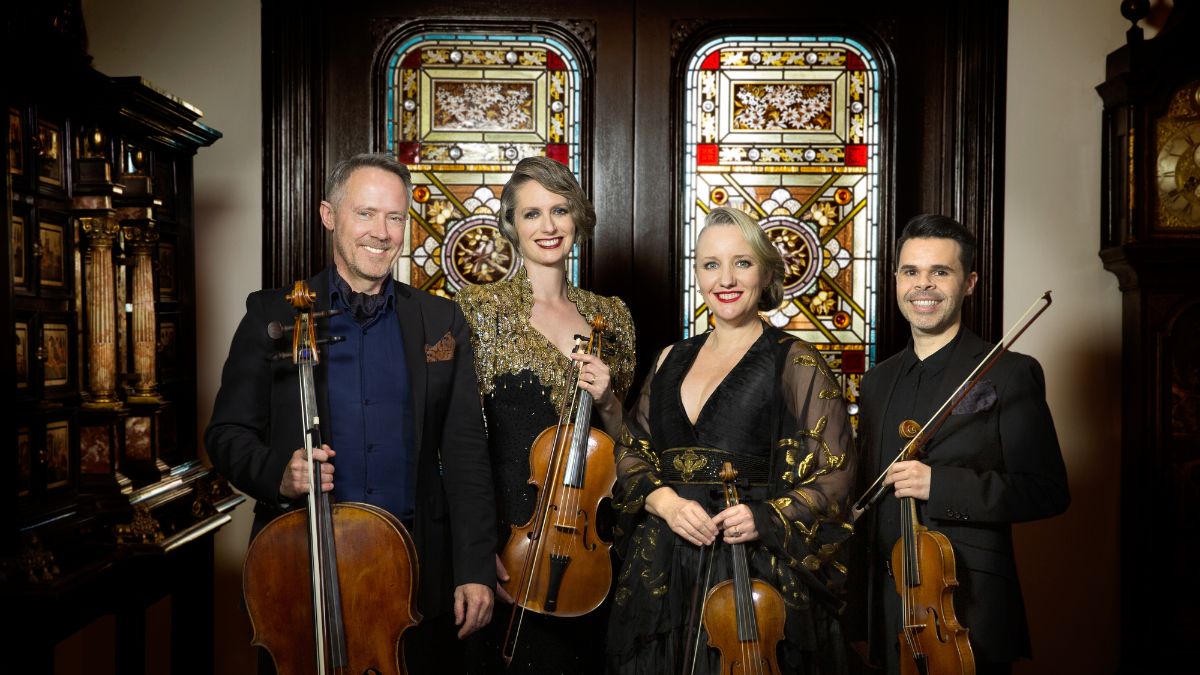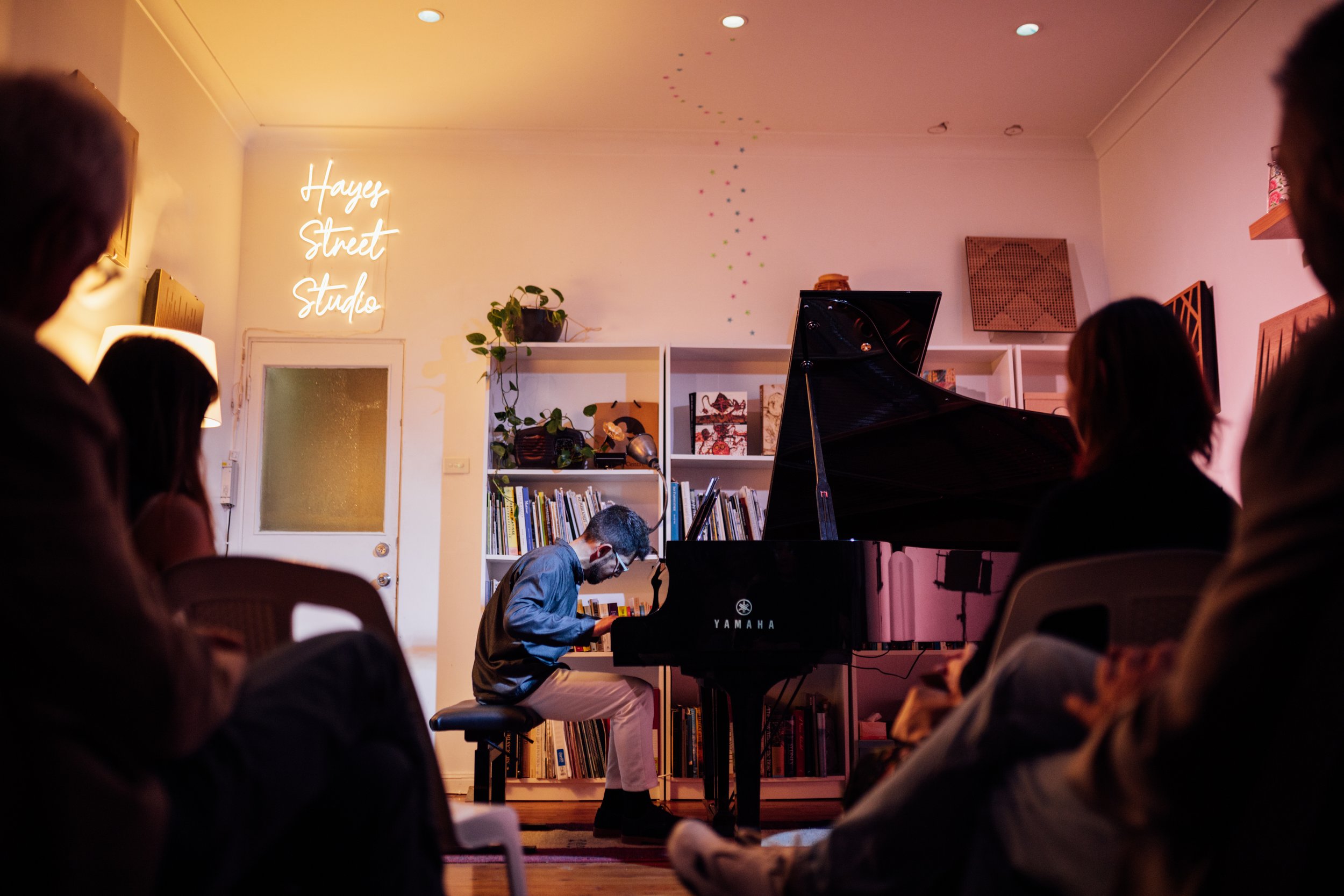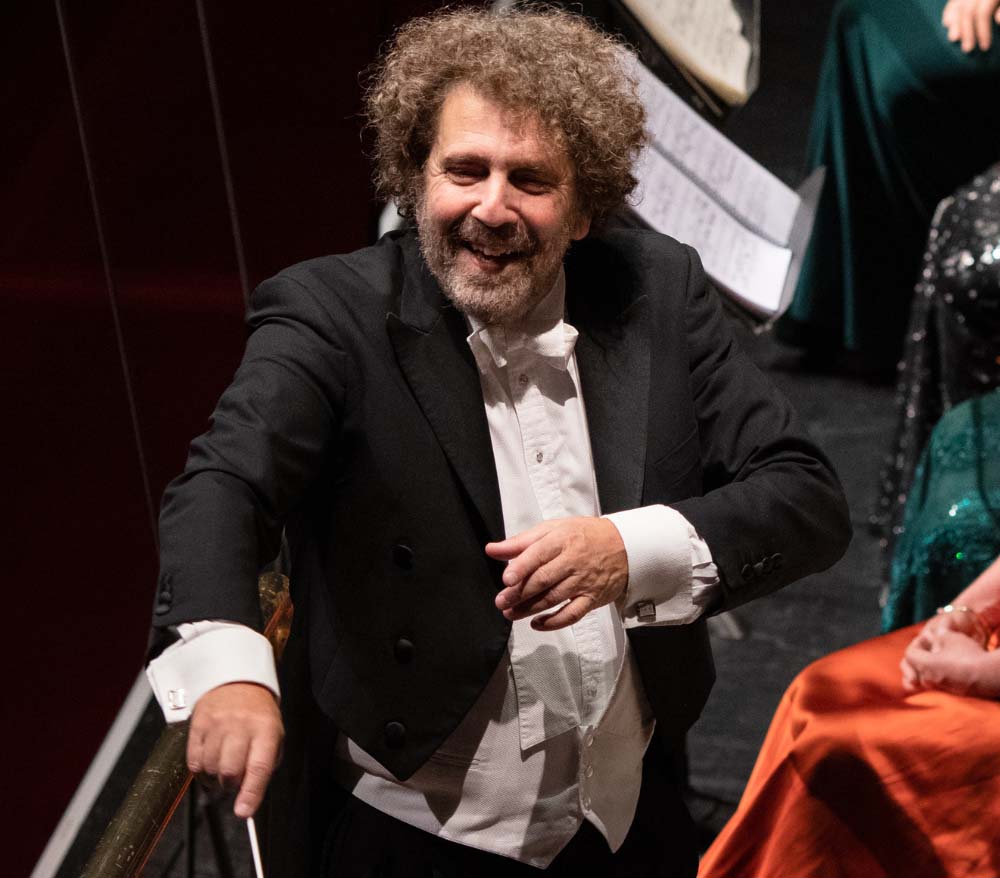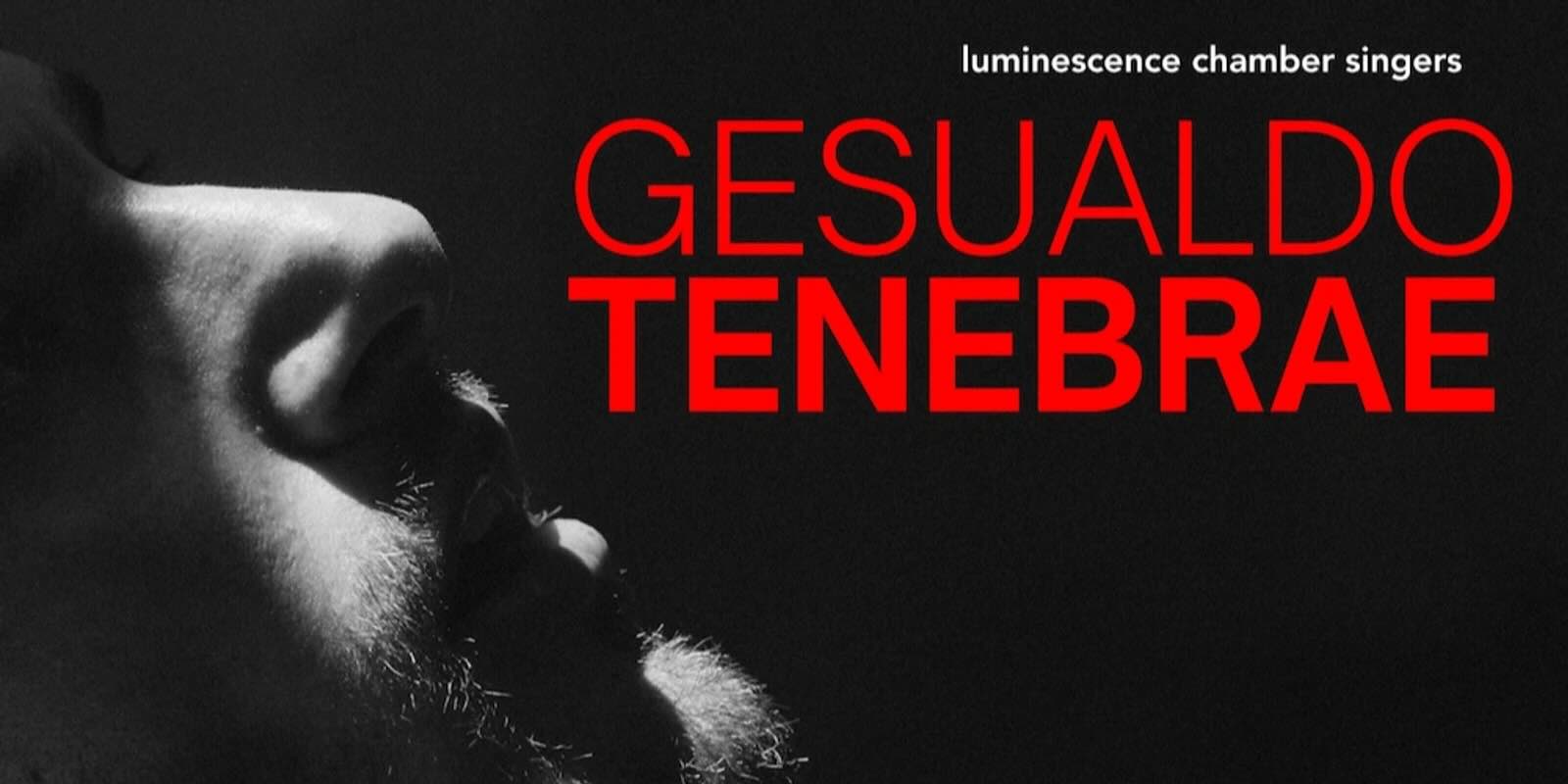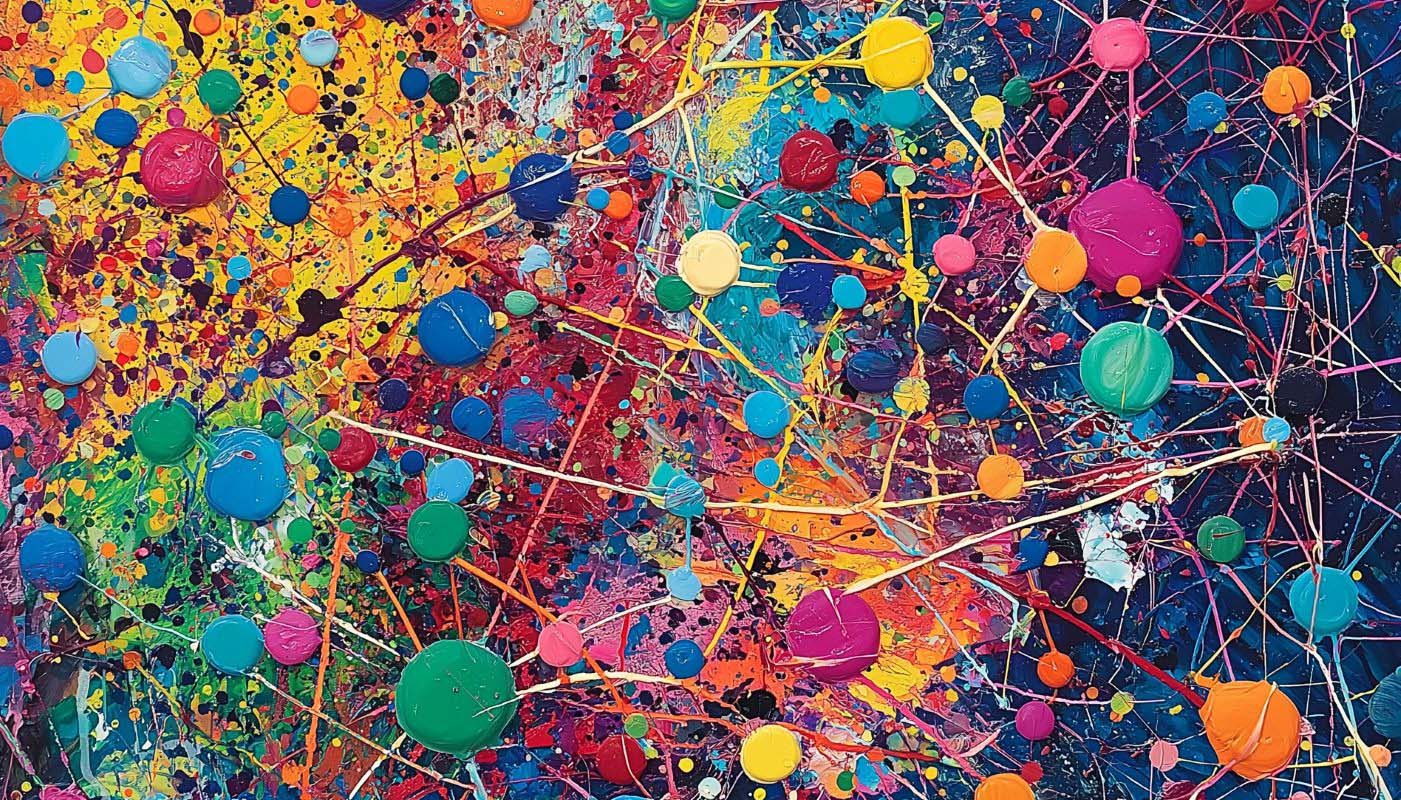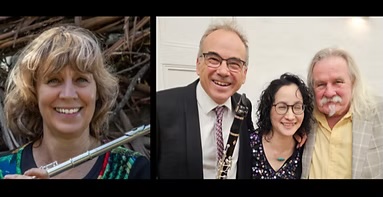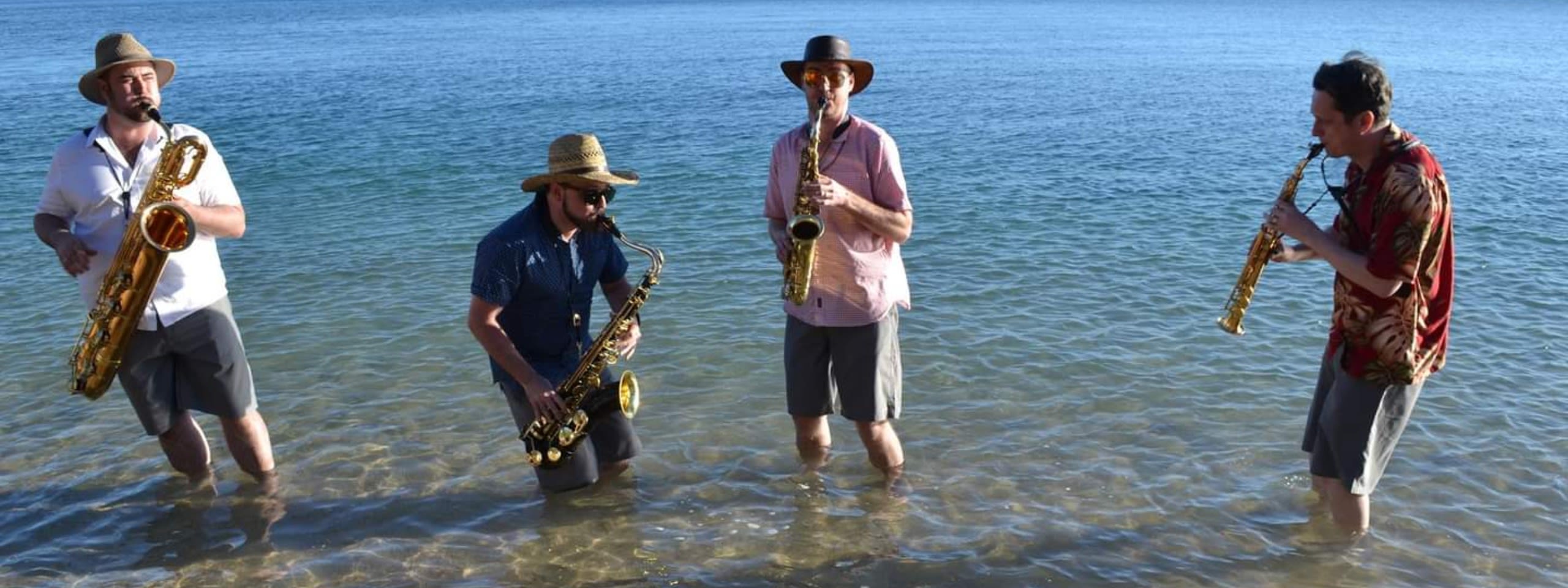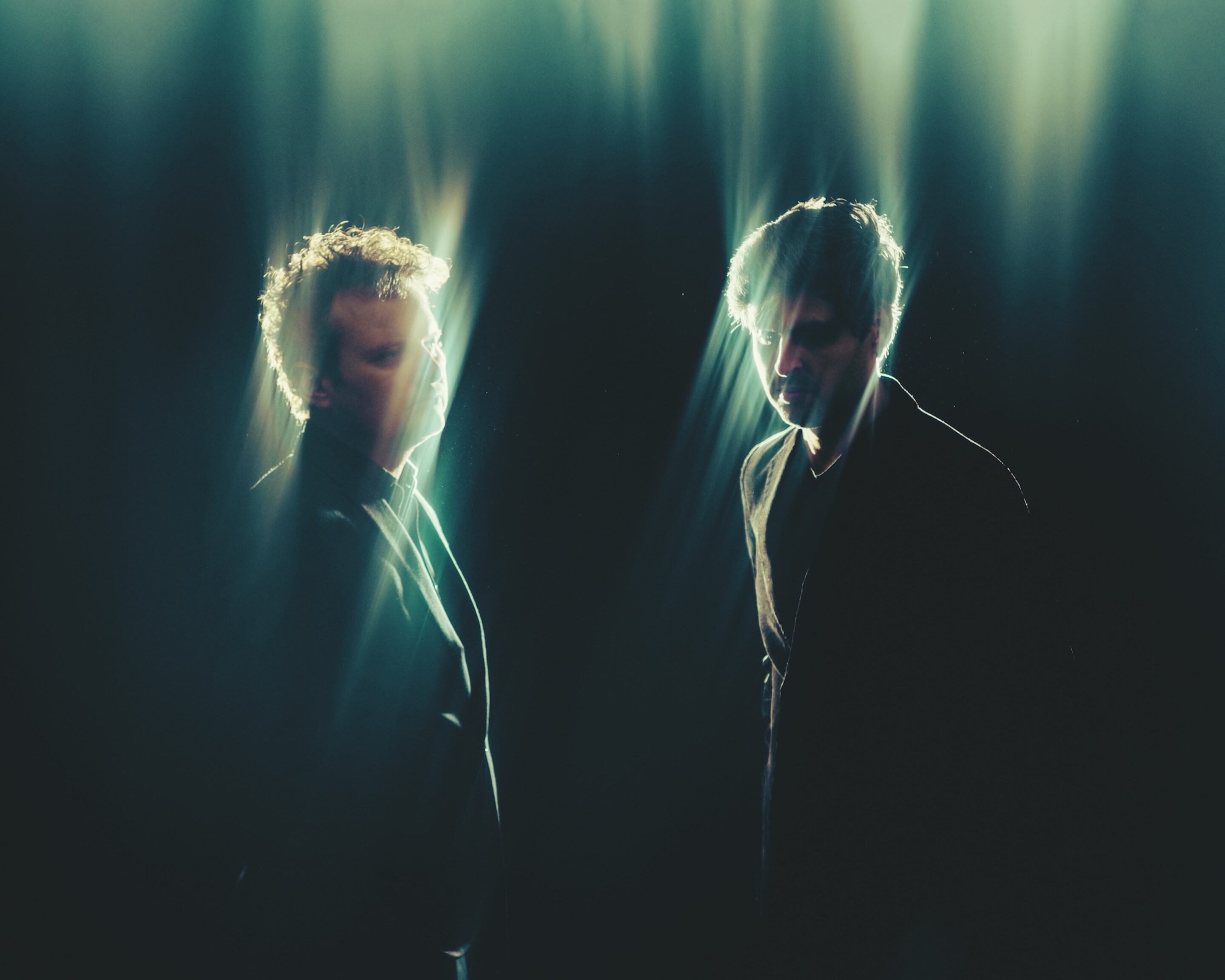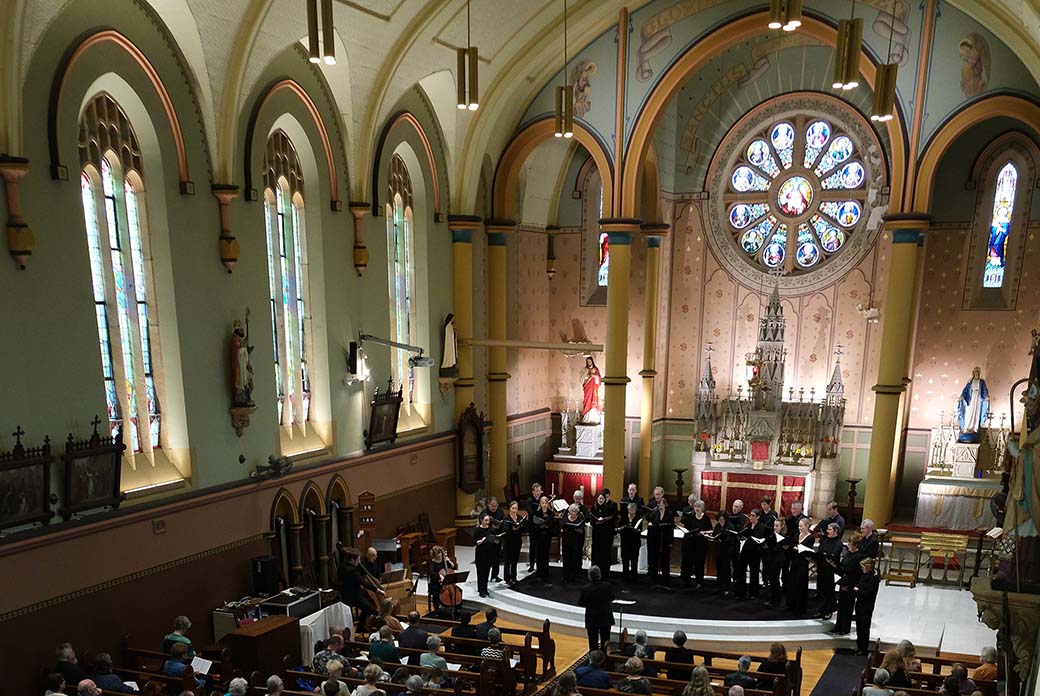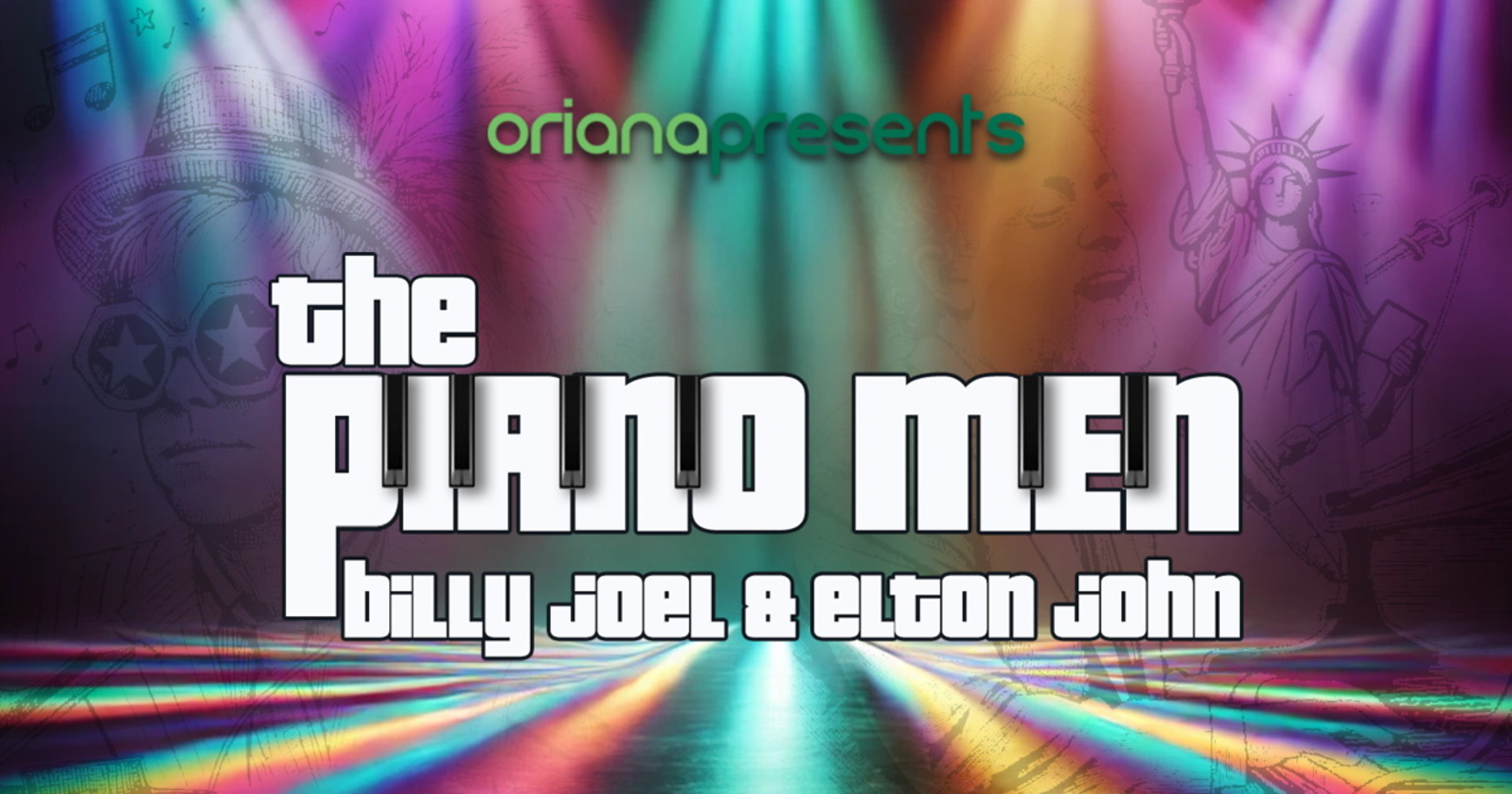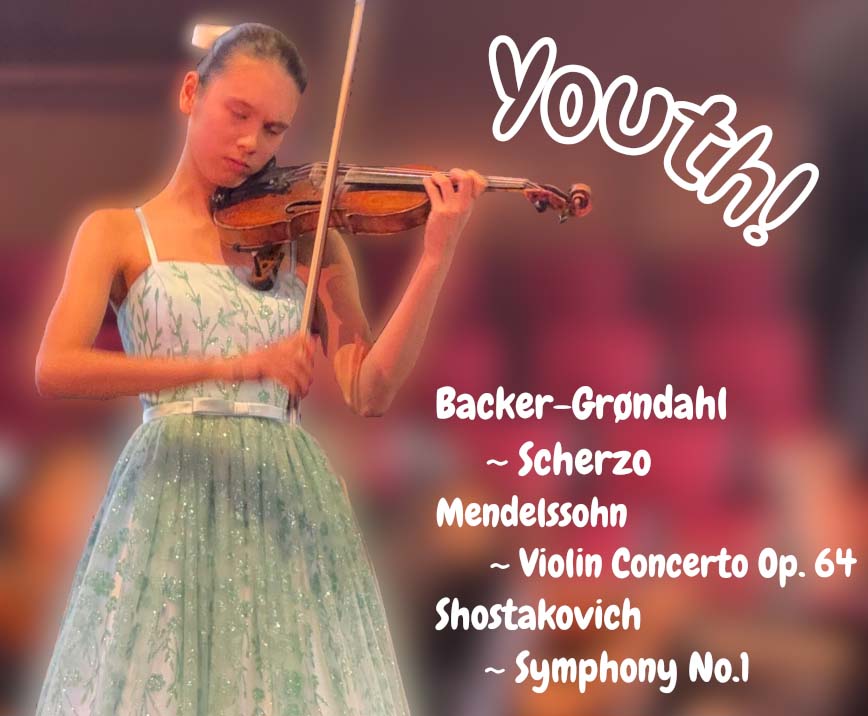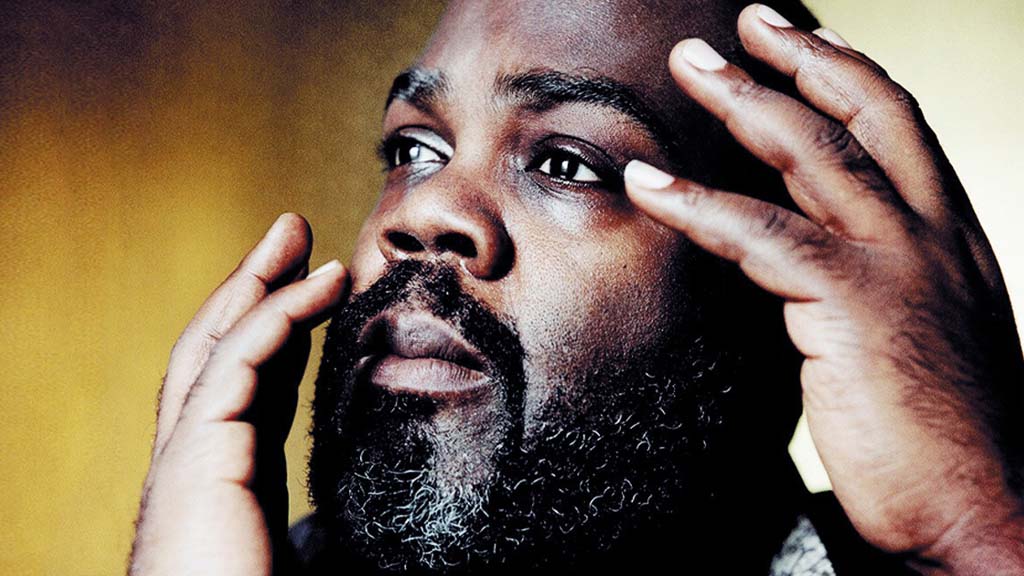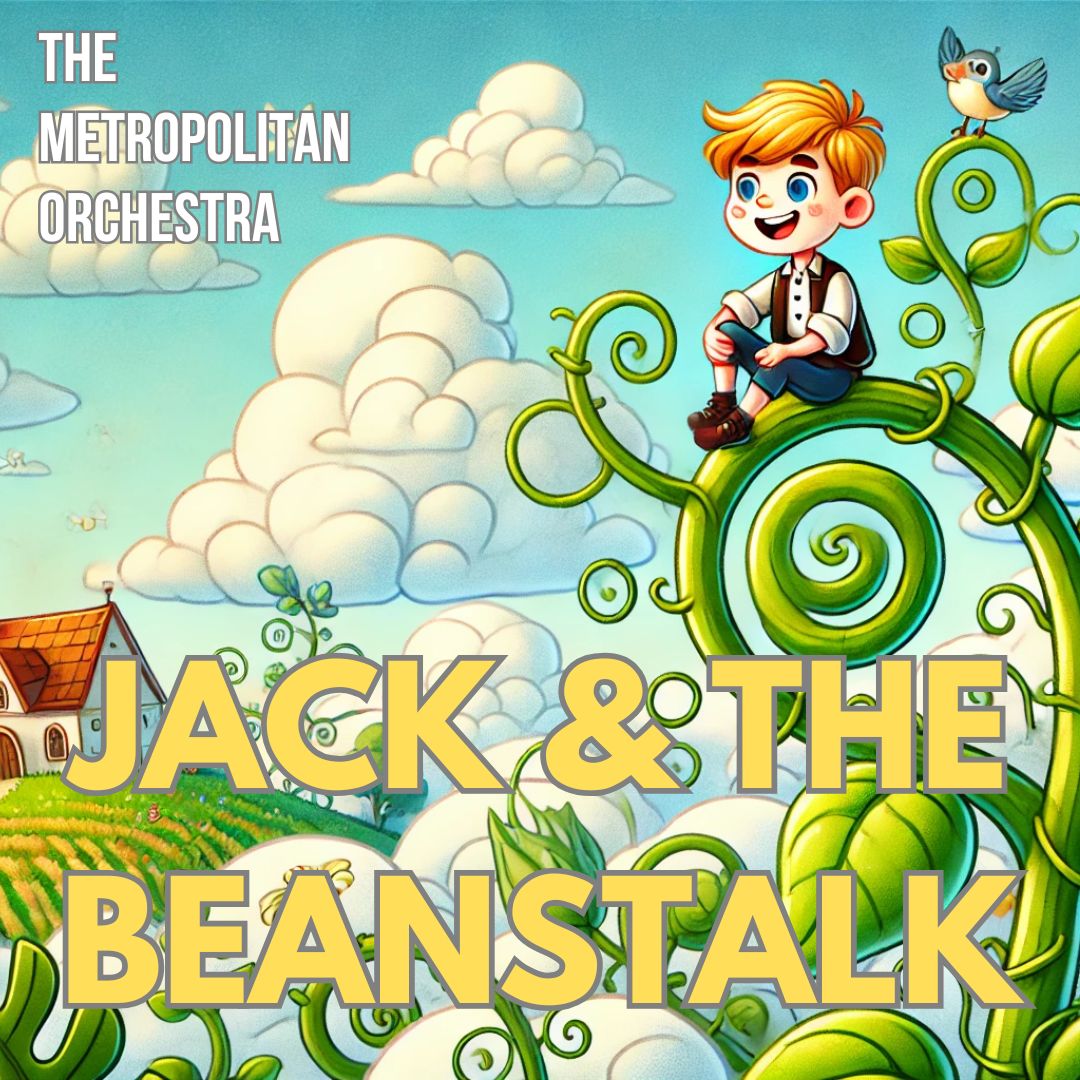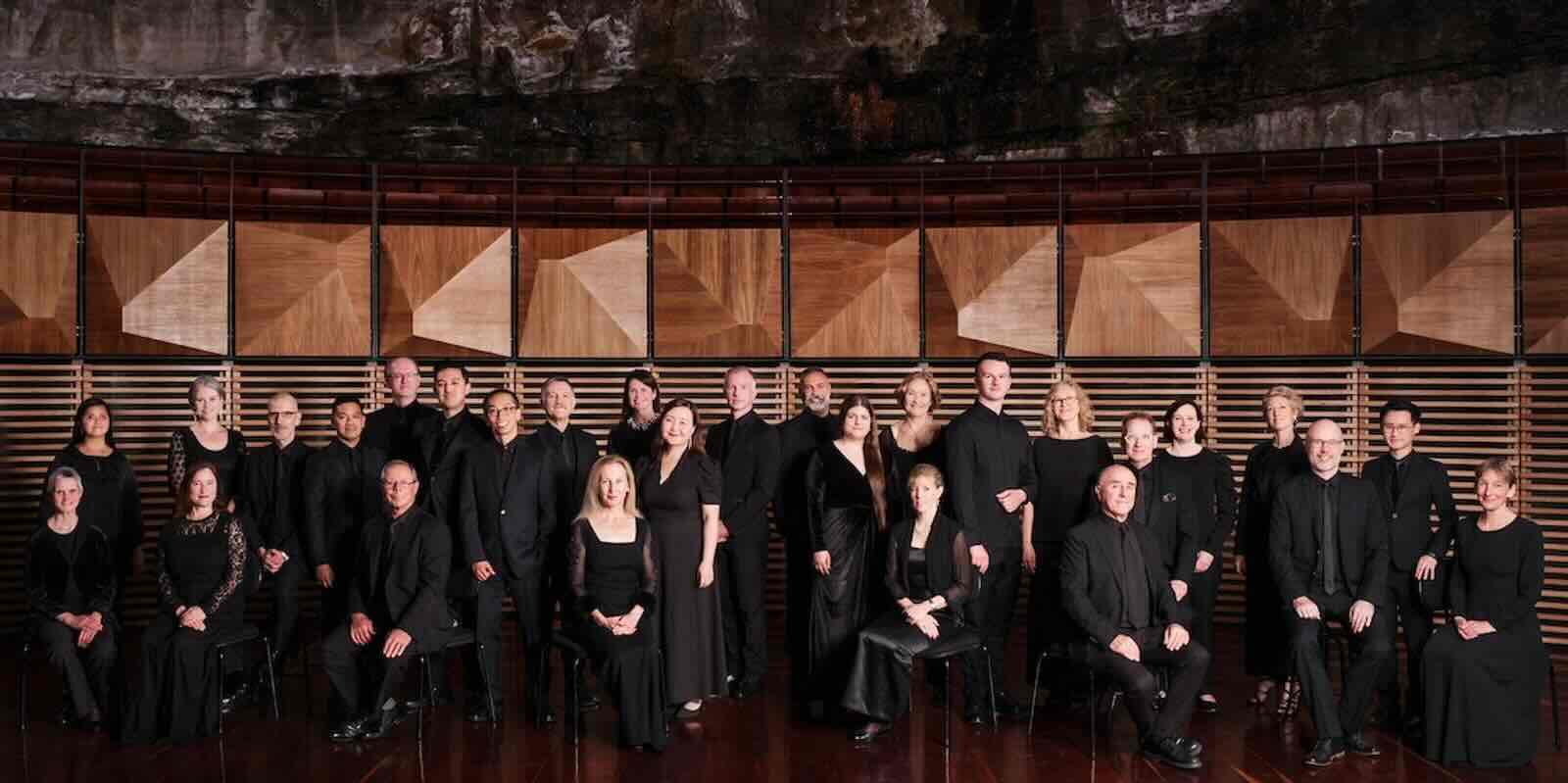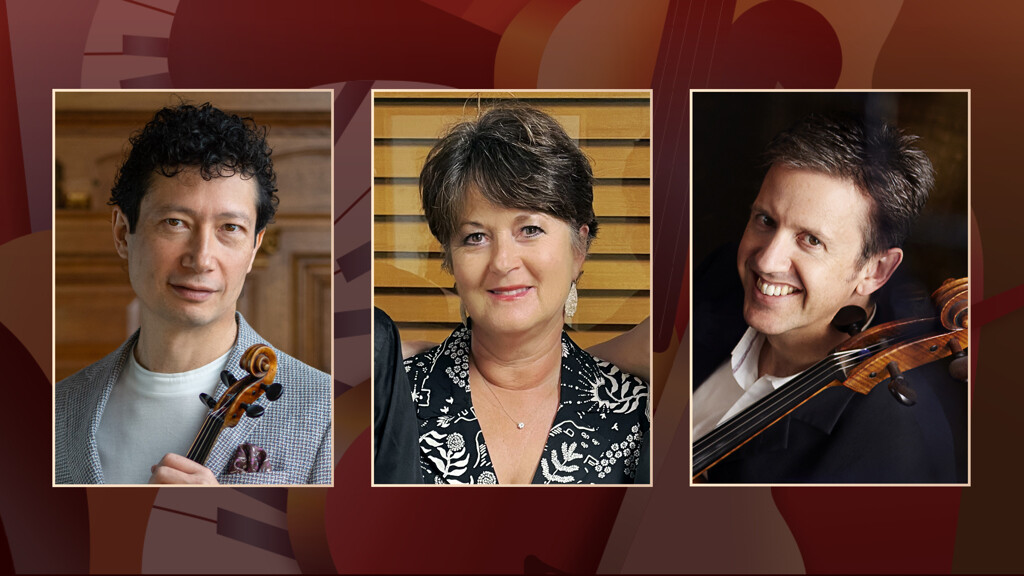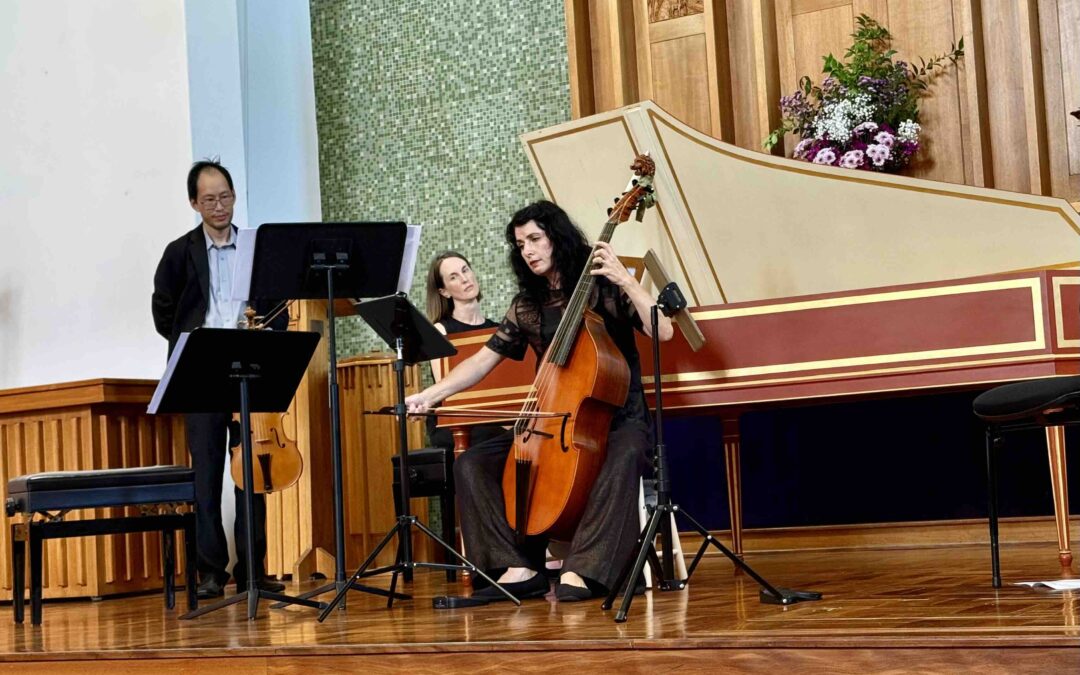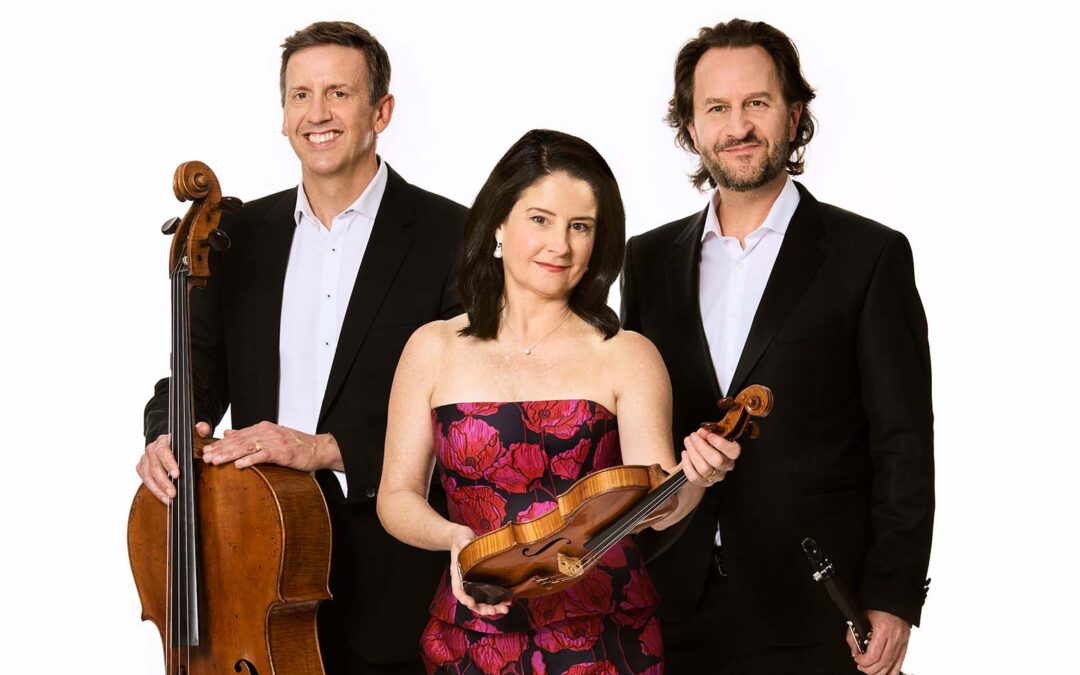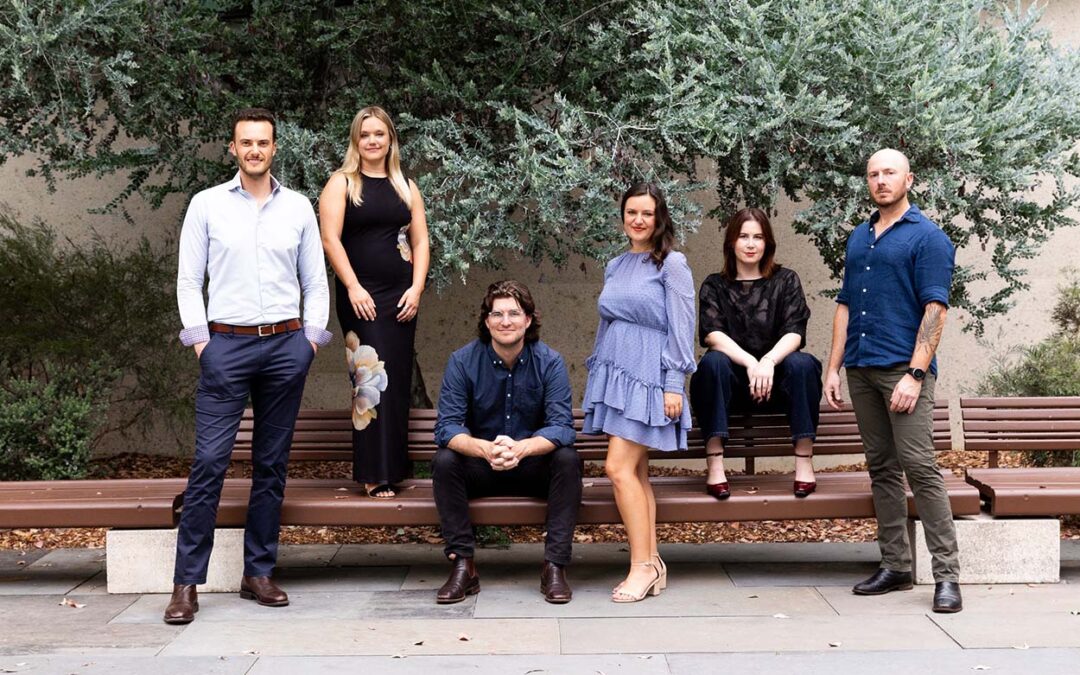I first met young conductor Sam Allchurch on a tour bus in 2003, travelling around the United States with Gondwana Voices. Tonight’s guest conductor would sit next to me on the bus and we discuss in detail the music we were performing and what he was going to do when he’d grown up. Well he sure has grown up.
I have long loved the purity of sound and professionalism of the Sydney Chamber Choir and it had been at least a year since I had heard them last, so the choice between this concert and three other strong contenders on a Saturday night in Sydney was easy. Allchurch devised a wonderful program of nineteenth-century German sacred and spiritual music, ranging from very early Mendelssohn to not-too-atonal Schoenberg. What I loved about the program was that most of the works were short so we got to hear the variety of works from this time, swaying from the joyous to the serene to gut-wrenching devotion and faith.
The University of Sydney’s Great Hall majestically provided the right acoustic for this music; there are no ‘bad’ seats in this cavern and those sitting up the back of the hall could hear the choir’s pianissimi and fortes in equal measure. We also had the lights left on so we could read along with the choir.
Sydney Chamber Choir’s men started proceedings with a strong and commanding unaccompanied psalm by Mendelssohn, shortly joined by the sopranos and altos. The stunning intonation, diction and ensemble work was a sign of what was to come. Another short piece from Mendelssohn and Schubert’s The Lord is my Shepherd, with the best smiles on choristers I have seen for a while, led us to a surprise piano solo from the choir’s pianist Jem Harding. Mendelssohn’s magnificent Rondo capriccioso was a lovely sorbet but the piano was not as crystal clear as the choir in Great Hall and I wonder how it sounded towards the back of the hall. This did not dull our pianist’s enthusiasm during the later virtuosic passages and the piece finished with a bang.
This interlude led us via Herzogenberg towards the later half of the Romantic period and the concert’s first half highlight – Brahms’ Warum ist das Licht gegeben dem Mühseligen (Why is light given to the wretched). Allchurch encouraged the a capella choir’s Warum’s to reflect the wretchedness of Job in the Old Testament using incredible dynamics, and the choir handled the contrapunctal fugues with ease and precision. I have not heard a live performance of this work greater than tonight’s and I can still feel the goosebumps. To lighten the mood before interval, it was a treat to hear the fourth movement of Brahms’ masterpiece the German Requiem. To say the choir and Allchurch were triumphant would be an understatement, but I must highlight the lovely smiling tenors who gave their all in their solo.
The second half of this heavenly concert opened the great romantic and enfant terrible, Anton Bruckner’s Christus factus est. The choir and Allchurch packed a romantic symphony worth of emotion into this relatively short piece showing off their strength in dynamics and pure intonation. The Rheinberger motet following was also deeply emotional and we moved on through more spiritual works of Brahms and Herzogenberg, finishing this selection with Brahms’ very early Spiritual Song, written when he was only 23 and bringing us back to the sounds of Mendelssohn.
The piece that decided for me which concert to attend tonight, was the finishing a capella work by Arnold Schoenberg – Friede auf Erden (Peace on Earth). I love that Schoenberg straddles the Romantic era and the twentieth century, and this piece also connected both eras. Starting with crunchy Romantic chromaticism, flawlessly sung, we quickly moved on from the ‘nice’ sounds of Mendelssohn and Brahms to something more challenging. Swiss poet Meyer’s text does move through the thousands of years of religious conflict, and the word painting is beautifully represented in Schoenberg’s music. These profound words are certainly valuable at this time of world unrest and reminds me of the first time I heard the other SCC (Sydney Children’s Choir) sing Christopher Gordon’s Peace on Earth in 2002, with Allchurch in the choir. Schoenberg referred to his piece as an ‘illusion for mixed choir’ after WWI, but there was no illusion that Allchurch and the Sydney Chamber Choir performed this work with great authority and passion to finish an amazing concert of flawless music.
Let us hope that we see more of this amazing young conductor in the near future, particularly with the remarkable Sydney Chamber Choir.
Review for:
![]()
Sydney Chamber Choir – German Romantics | 8 April 2017 | University of Sydney Great Hall
![]()




